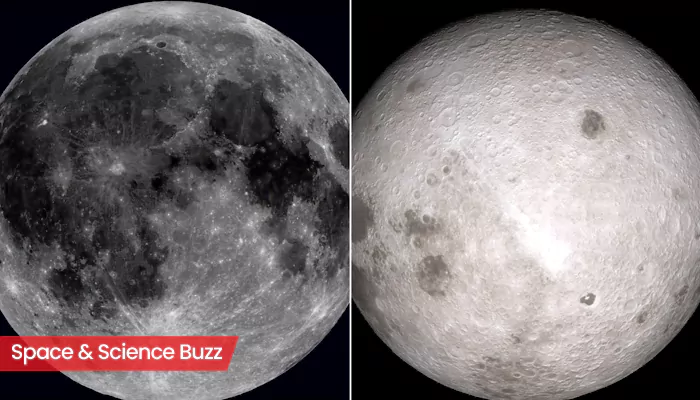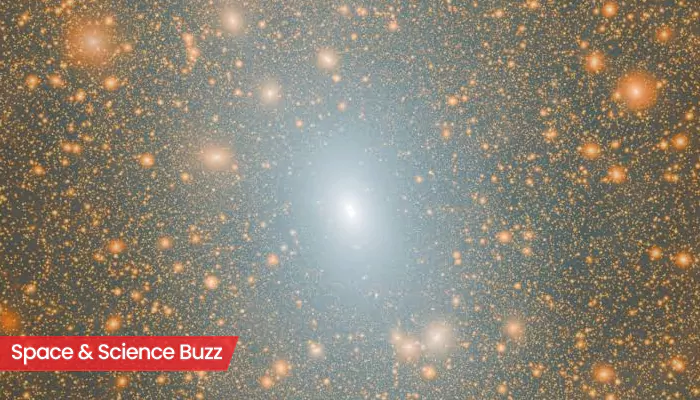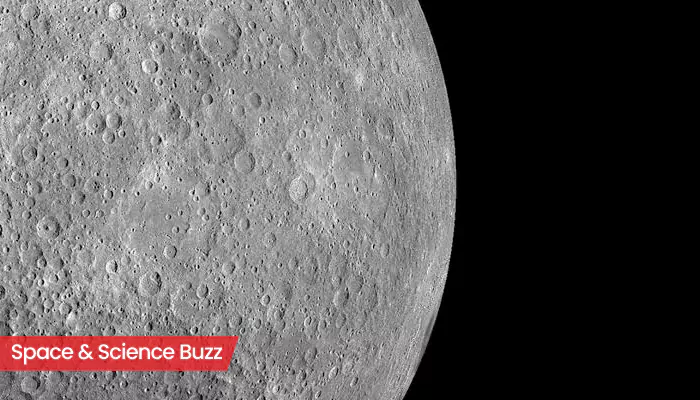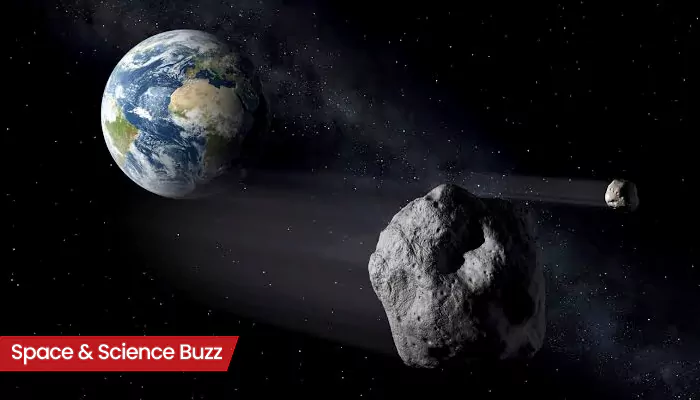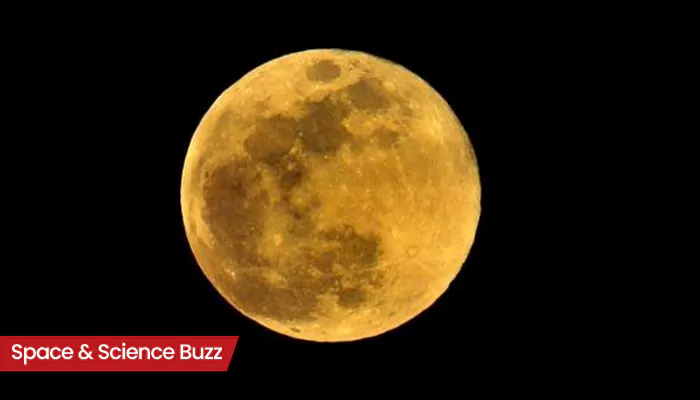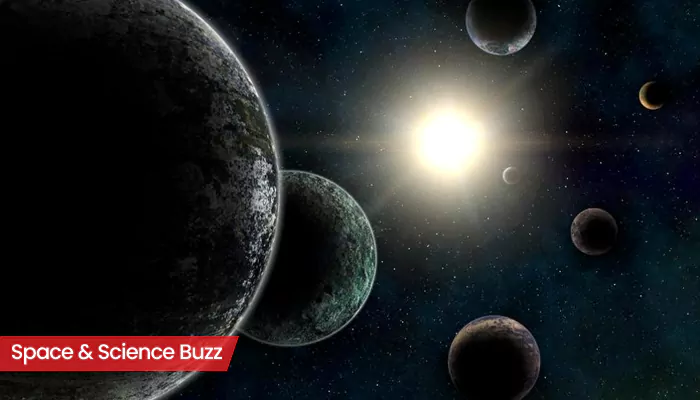
Here are today’s most important updates from the realm of Science and Space.
Solid Proof: Mars’ Core Mystery Cracked After Decades
Scientists have discovered that Mars has an interior structure similar to Earth's. Results from NASA's InSight mission suggest that the red planet has a solid inner core surrounded by a liquid outer core, potentially resolving a longstanding mystery. Billions of years ago, the planet may have had a thicker atmosphere that allowed liquid water to flow on the surface. This thicker atmosphere may have been kept in place by a protective magnetic field, like the one Earth has. However, Mars lacks such a field today. Scientists have wondered whether the loss of this magnetic field led to the red planet losing its atmosphere to space over time and becoming the cold, dry desert it is today.
Asteroid Delivers Earth’s First Glimpse of a Brand-New Mineral

The asteroid Ryugu is an echo from the deep, distant past. Two tiny grains of the rock, delivered to Earth in 2020 by the famous Hayabusa2 mission, contain minerals older than any found on our planet. Using two X-ray imaging techniques, the researchers revealed a diversity of minerals and compounds, including selenium, manganese, iron, sulfur, phosphorus, silicon, and calcium. According to the recent reports, phosphorus was found in Ryugu in two forms: the mineral found in our teeth and bones, and a rare phosphide mineral not present on Earth. Researchers believe this material to be hydrated ammonium magnesium phosphorus (HAMP). This is a crystalline mineral not found on our planet that is most similar to Earthly struvite. Struvite is closely linked to biological formation, and it is a major part of some kidney stones.
Soundtrack to Smooth Rides: Music as a Cure for Motion Sickness

A team of researchers has found music may be a surprisingly effective intervention for reducing nausea and dizziness induced by travel. The researchers found that joyful music alleviated symptoms of carsickness by 14 percent compared to the group that meditated during the experiment. Soft music was the next best genre. It alleviated symptoms by 13.4 percent compared to controls. Sad music seemed to make recovery harder, as per the study. The next time you find yourself in a car, driving along a winding road, why not turn on an uplifting tune? It might help you recover from motion sickness.
Pristine, But Not Safe: Insects Disappearing From Untouched Lands

A new study showed that insect populations are rapidly declining even in relatively undisturbed landscapes, raising concerns about the health of ecosystems that depend on them. Insects have a unique, if inauspicious position in the biodiversity crisis due to the ecological services, such as nutrient cycling and pollination, they provide and to their vulnerability to environmental change. Mountains are host to disproportionately high numbers of locally adapted endemic species, including insects. Thus, the status of mountains as biodiversity hotspots may be in jeopardy if the declines shown here reflect trends broadly.

.webp)
